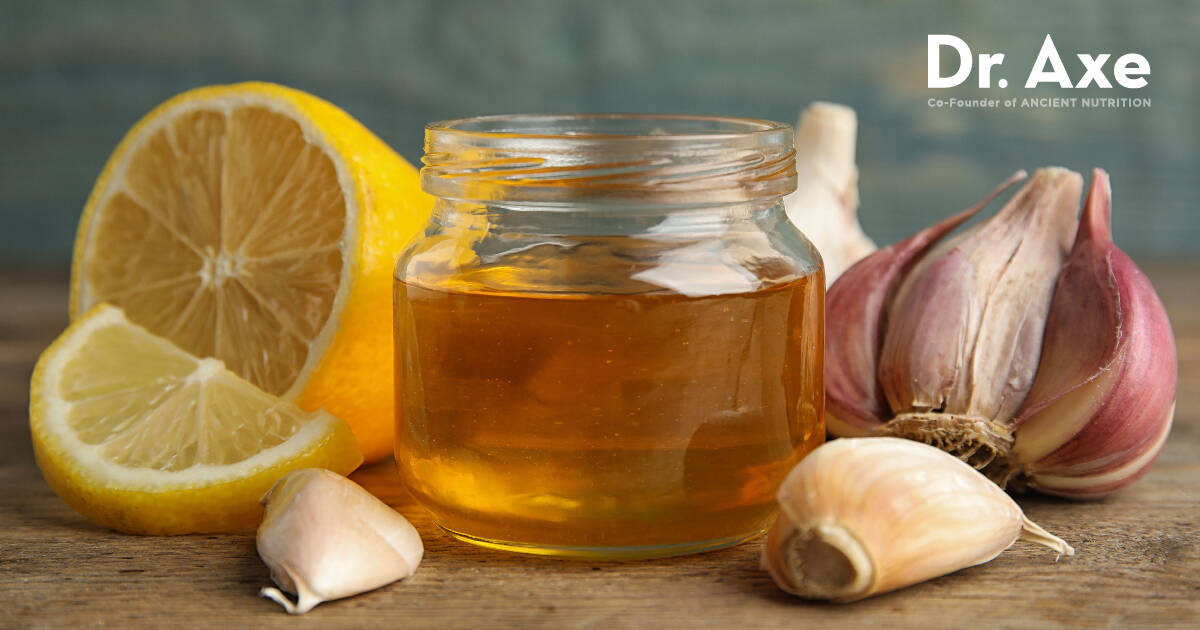Holistic Medicine for Sore Throat: Natural Remedies and Prevention

A sore throat, that scratchy, painful sensation in your throat, is a common ailment that can significantly impact your daily life. While over-the-counter medications can provide temporary relief, many are turning to holistic medicine for a more natural and sustainable approach to managing and preventing sore throats. This article explores various holistic medicine options for treating sore throats, focusing on natural remedies and preventative measures.
Understanding the Root Cause: Before diving into treatments, it's crucial to understand what causes a sore throat. Most often, it's a viral infection, such as the common cold or flu. Bacterial infections, though less common, can also be responsible. In addition to infections, irritants like dry air, allergies, acid reflux, and even excessive talking or shouting can contribute to throat irritation.
Holistic Approaches to Sore Throat Relief:
1. Hydration is Key: Drinking plenty of fluids is paramount in soothing a sore throat. Warm water, herbal teas (chamomile, ginger, licorice root – see cautions below), and broth help to keep the throat moist and flush out irritants. Avoid alcohol and caffeinated beverages, as they can dehydrate you further.
2. Rest and Relaxation: Your body needs rest to fight off infection. Get adequate sleep and avoid strenuous activities to allow your immune system to focus on healing. Vocal rest is especially important if the sore throat is related to voice strain.
3. Herbal Remedies: Several herbs possess soothing and anti-inflammatory properties beneficial for sore throats:
- Chamomile: Known for its calming effects, chamomile tea can help reduce inflammation and pain.
- Ginger: A potent anti-inflammatory, ginger can help alleviate throat pain and reduce nausea if present.
- Licorice Root: Contains glycyrrhizin, which has antiviral and anti-inflammatory properties. (Caution: Long-term use of licorice root can have side effects, so consult your doctor before prolonged use.)
- Echinacea: While not directly soothing, echinacea is believed to boost the immune system and may shorten the duration of a sore throat caused by a viral infection. (Always check with a healthcare professional before using Echinacea, particularly if you have auto-immune conditions)
4. Gargling: Gargling with warm salt water can help reduce inflammation and soothe a sore throat. Mix 1/4 to 1/2 teaspoon of salt in 8 ounces of warm water and gargle several times a day.
5. Honey: Honey has been used for centuries to soothe sore throats. Its viscous nature coats the throat, providing relief from irritation. Choose raw honey, if possible, for potential added health benefits. (Note: Do not give honey to infants under one year old.)
6. Humidification: Dry air can exacerbate a sore throat. Use a humidifier to add moisture to the air, especially in dry climates or during winter months. You can also take a hot shower to increase the humidity in the bathroom temporarily.
7. Dietary Considerations: Consume soft, easy-to-swallow foods like soups, broths, mashed potatoes, and yogurt. Avoid acidic or spicy foods that can irritate the throat further.
8. Acupuncture and Acupressure: Some people find relief from sore throats through acupuncture and acupressure, which aim to stimulate energy flow and promote healing. Consult a licensed practitioner for these treatments.
9. Essential Oils (with Caution): Some essential oils, such as eucalyptus and peppermint, have antiviral and decongestant properties. However, always dilute essential oils properly before using them topically or aromatically, and consult a qualified aromatherapist for guidance. Never ingest essential oils.
Prevention of Sore Throats:
1. Proper Hygiene: Wash your hands frequently with soap and water to prevent the spread of germs. Avoid touching your face, especially your eyes, nose, and mouth.
2. Boosting Immunity: A strong immune system is your best defense against infections. Eat a balanced diet rich in fruits, vegetables, and whole grains. Get enough sleep, manage stress effectively, and engage in regular exercise.
3. Avoid Irritants: Limit exposure to smoke, pollutants, and allergens that can irritate your throat. If you smoke, quitting is one of the best things you can do for your overall health and throat health.
4. Hydration: Staying well-hydrated is a year-round preventative measure that supports overall health and can help prevent dry throat discomfort.
When to See a Doctor:
While most sore throats resolve on their own within a week, seek medical attention if your sore throat is accompanied by a high fever, difficulty swallowing, severe pain, or if symptoms persist for more than a week. A doctor can determine the underlying cause and provide appropriate treatment, which may include antibiotics if a bacterial infection is identified.
Disclaimer: This article is for informational purposes only and does not constitute medical advice. Always consult with a qualified healthcare professional before starting any new treatment or making changes to your healthcare plan.
Disclaimer: Artikel ini diolah dari berbagai sumber.